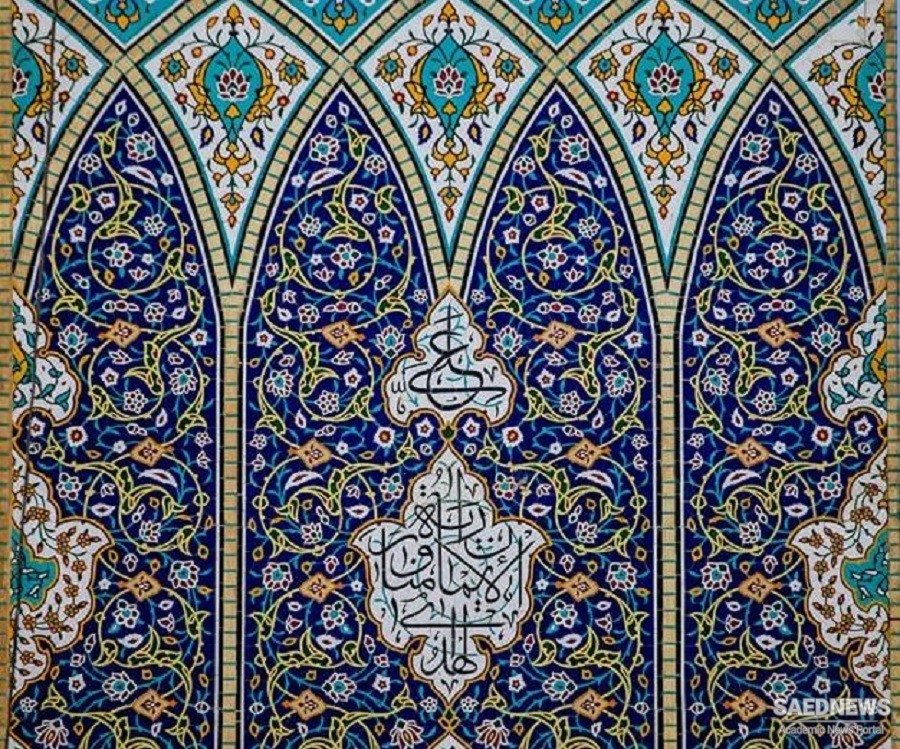The question of the Imamate pertains to the divine domain. The appointment of a successor to the Prophet must be based on a divine revelation to the Prophet. But before entering into the traditional reports and formally religious aspects of this matter, let us suppose that we have no direct religious prooftexts to consult, and ask ourselves what verdict the human intellect would deliver on this question, taking due account of the conditions of those times. It seems clear that an intellectual evaluation would proceed along the following lines: If a great reformer struggled earnestly for many long years, and arrived at a plan that would benefit human society, it is natural that, in order that his plan continue to be implemented after his death, so as to bear fruit in the long-term, he would seek some effective way of perpetuating the system he had established. Or, to put it differently: it is not conceivable that a person should take great pains to construct some great building, and then leave it completely unprotected, appointing no watchmen or supervisors to maintain and preserve it. The Holy Prophet is one of the greatest persons in human history who, by bringing forth a new religious dispensation, effected a profound transformation in the world, laying the foundations of an entirely new, global civilization. Evidently, this exalted individual, through whom an eternally valid religion was established, and who provided leadership to his own society, must have made it clear how this religion was to be preserved, how it was to be protected against the dangers and misfortunes that might confront it. He must also have said something about how the everlasting Muslim umma should be led and administered; and he must have indicated the qualities of leadership that should prevail after his passing away. In this light, it is inconceivable that he would first establish a religion that was to last till the end of time, and then fail to provide clear guidance as to how the leadership of that religion, after his death, was to be determined and organized.


 Imamate Culture in Modern Persia: Shia Islam and Cultural Developments in Iran
Imamate Culture in Modern Persia: Shia Islam and Cultural Developments in Iran














































